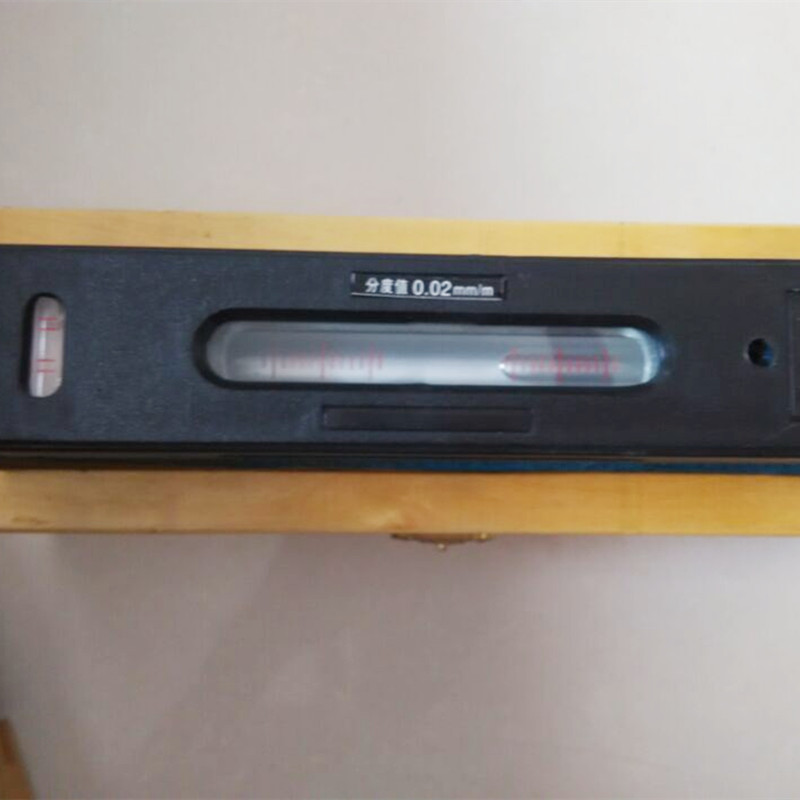Nov . 24, 2024 23:47 Back to list
metal measuring tools
The Importance of Metal Measuring Tools in Precision Engineering
In the world of precision engineering, the significance of accurate measurements cannot be overstated. Whether you are crafting intricate components for aerospace, automotive, or manufacturing industries, the tiniest discrepancies can lead to catastrophic failures. This is where metal measuring tools come into play, as they are essential in ensuring precise measurements, tolerances, and overall quality in engineering processes.
Types of Metal Measuring Tools
Metal measuring tools can be broadly categorized into several types, each designed for specific applications in measuring dimensions, geometry, and other critical parameters of metal parts.
1. Calipers Among the most versatile tools, calipers allow for measuring internal and external dimensions, as well as depths. With the advent of digital calipers, accuracy has significantly improved, providing instant readouts and eliminating human error.
2. Micrometers When precision is paramount, micrometers come into action. They are capable of measuring small dimensions with an accuracy of up to one thousandth of a millimeter. Often used in quality control, they are indispensable for checking tolerances in metal parts and ensuring they meet specifications.
3. Gage Blocks Used for calibrating tools and measuring distances, gage blocks are precise rectangular blocks made from steel or ceramic. They are commonly employed for setting and confirming the accuracy of measuring instruments in a metrology lab environment.
4. Height Gauges These tools are vital for transferring measurements onto a vertical surface, ensuring that parts are machined to the correct height and depth. Height gauges are also used to measure vertical distances accurately.
5. Dial Indicators Used to measure small distances and variations in dimensions, dial indicators are crucial in settings where even the slightest movement needs to be captured. They assist in ensuring that machines and workpieces are aligned accurately.
The Role of Calibration
metal measuring tools

Calibration of metal measuring tools is crucial for maintaining accuracy and reliability. Regular calibration ensures that measuring devices produce correct readings, adhering to industry standards and specifications. Miscalibrated tools can yield inaccurate measurements, which in a manufacturing environment may lead to defective products and financial losses. Therefore, conducting routine checks, using certified reference materials, and adhering to calibration schedules are essential practices in any engineering setup.
Digital vs. Analog Measuring Tools
While traditional analog measuring tools have been the backbone of metal measurement for years, digital tools have gained immense popularity due to their ease of use and enhanced accuracy. Digital measuring tools minimize human error by providing direct readouts, often accompanied by functionalities like data storage and analysis capabilities. They can be connected to computers for more detailed assessments, making them suitable for modern manufacturing environments.
The Impact of Material Properties
When selecting metal measuring tools, one must account for the properties of the materials being measured. Different metals—such as aluminum, steel, and titanium—have varying thermal expansion rates and hardness levels, influencing how measurements should be taken. For instance, a steel part might require a different measuring approach than a softer aluminum component. Understanding these material properties can lead to better measurement practices, enhancing the quality of the final product.
Challenges and Considerations
Despite advances in technology, challenges remain in measuring and ensuring precision in metal parts. Environmental factors such as temperature and humidity can affect measurements, causing expansion or contraction of both the tools and the materials. Additionally, operator skill and experience play significant roles; hence, proper training for personnel is essential in the effective use of measuring tools.
Conclusion
In conclusion, metal measuring tools are fundamental to the realm of precision engineering. Their ability to provide accurate and reliable measurements ensures that components meet rigorous standards and tolerances, thereby upholding the quality and safety of engineering products. As industries continue to evolve, investing in high-quality measuring tools and regular calibration will be key to maintaining excellence in manufacturing processes. From calipers to micrometers, each tool serves a specific purpose, and their combined use can significantly enhance the overall efficiency and quality of engineering endeavors. In a highly competitive landscape, the precision offered by these tools will undoubtedly remain a cornerstone of successful engineering practices.
-
Surface Plate Maintenance Best Practices for LongevityNewsJun.27,2025
-
Historical Evolution of Iron Surface Plates in Industrial MetrologyNewsJun.27,2025
-
Cast Iron Y Strainer Safety StandardsNewsJun.27,2025
-
Blockchain Verification for Gauge Tool Certification IntegrityNewsJun.27,2025
-
Advantages of Triple Offset Butterfly Valve Types in High-Pressure SystemsNewsJun.27,2025
-
Wear Resistance Strategies for Trapezoidal ThreadsNewsJun.26,2025
Related PRODUCTS









